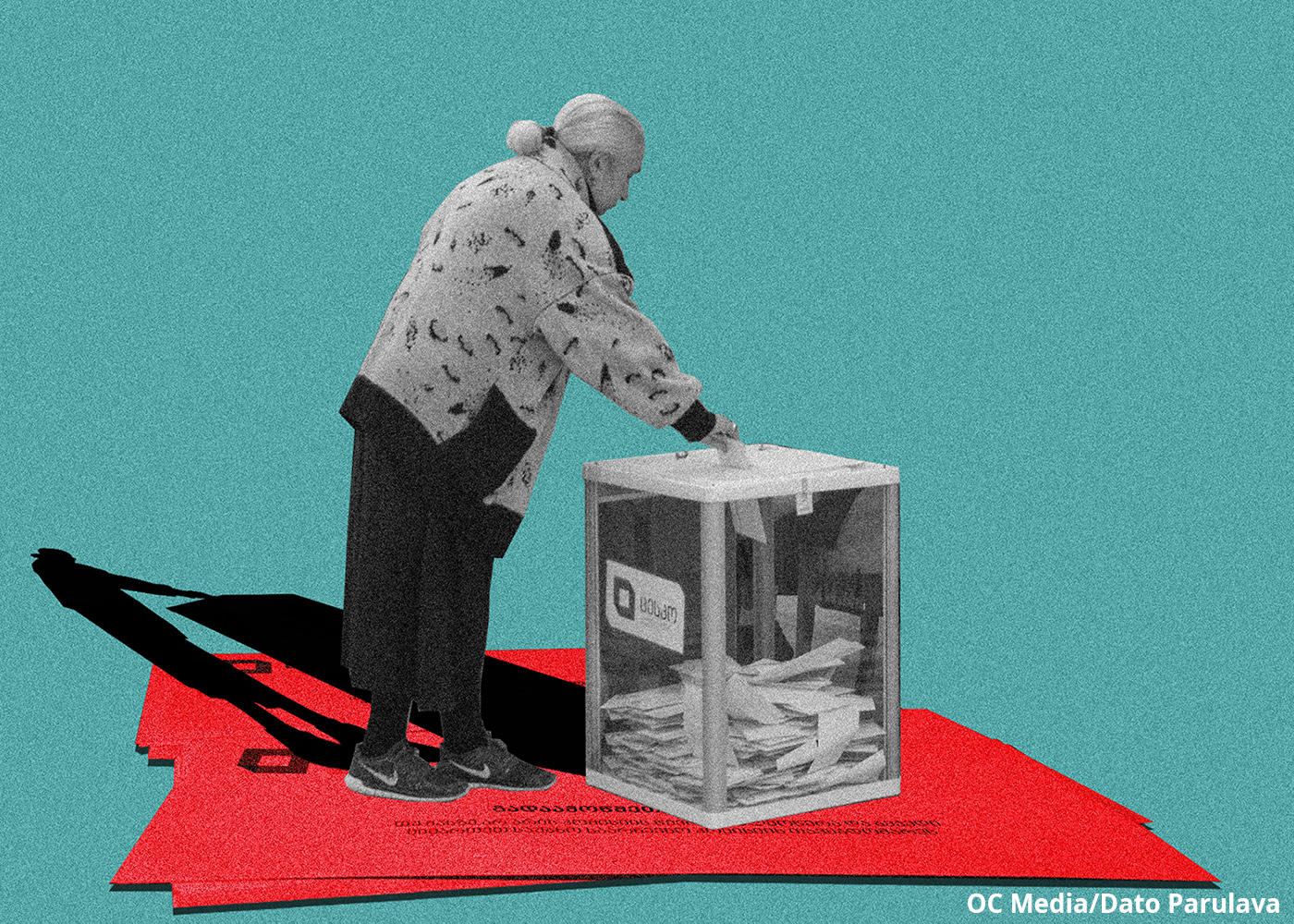

Post-election polling by CRRC-Georgia suggests that not only are elections most problematic in Georgia’s ethnic minority regions, they are also getting worse.
The 2018 presidential elections, and particularly, the events surrounding the second round, have come to be considered a setback for Georgia’s democratic trajectory. Between the first and second round, it was announced that 600,000 voters would have debt relief immediately following the elections, leading some to suggest this was a form of vote buying. A number of instances of electoral fraud were also alleged. The use of party coordinators around election precincts was also widely condemned.
Elections in minority regions have generally been worse in quality than in ethnic Georgian populated regions. Some statistical evidence suggests irregular voting behaviour if not fraud in these regions. Moreover, these regions of the country consistently vote for whoever is in power.
The situation appears to be getting worse, at least when compared with the parliamentary elections of 2016.
CRRC-Georgia and the National Democratic Institute’s 2016, 2017, and 2018 post-election polling asked voters, ‘Thinking back to the situation when you voted in the polling station/place (either in the 1st or 2nd round), please say whether you agree or disagree with the following?’
- It was well ordered;
- It was overcrowded;
- It was intimidating;
- The election officials were well prepared.
Respondents were also asked whether they noticed party coordinators around the polling station asking for personal information.
The results suggest that people in predominantly minority settlements were about three times more likely to report seeing party coordinators collecting personal information outside polling places. People in minority areas were 2.5 times as likely to report that the polling place was intimidating and four times more likely to report the polling station was overcrowded. They were 14 percentage points less likely to report that election officials were well prepared, and 13 percentage points less likely to report that the polling place was well ordered.
All respondents were also asked ‘Please tell us whether [each of the following] occurred or not during the election process’:
- People voting more than once (including carousel voting);
- Intimidation of voters or party representatives;
- Use of administrative resources to benefit a campaign;
- Bribing of voters;
- Pressure to donate or not donate to certain candidate/party;
- Mobilising state employees to participate in campaign/vote for a certain candidate;
A similar pattern as the above holds with these questions, with respondents consistently reporting most of the above problems more often in predominantly minority settlements than in ethnic Georgian settlements. The only activity which was not reported more often (statistically) in minority settlements than ethnic Georgian ones was putting pressure on people to donate.
The data suggest that problems with elections in minority regions are on the rise. The share of individuals in predominantly minority settlements reporting that the polls were intimidating more than tripled between 2016 and 2018. The share reporting it was overcrowded more than doubled between 2016 and 2018. The share of individuals in predominantly minority settlements reporting that the election precinct was well ordered also declined between 2016 and 2017.
In predominantly ethnic Georgian settlements, there was a decline between 2017 and 2018 in terms of how well prepared election officials were perceived to be. There was also a slight decline in terms of people reporting that the polling station was overcrowded. However, there was no change in the share reporting it was well ordered or intimidating.
The 2018 elections had problems. While the conduct of elections in predominantly minority areas in Georgia has been historically problematic, these problems appear to have gotten worse, at least by comparison to the elections in 2016 and 2017.
Dustin Gilbreath is the Deputy Research Director of CRRC-Georgia. The views presented in this article do not necessarily represent the views of CRRC-Georgia. The views presented in this article do not represent the views of the National Democratic Institute or any related entity.









